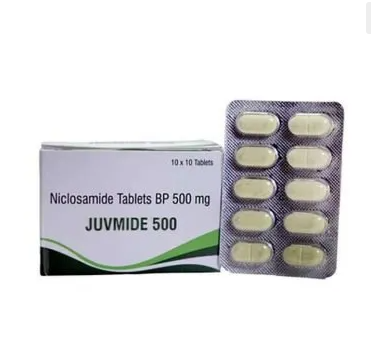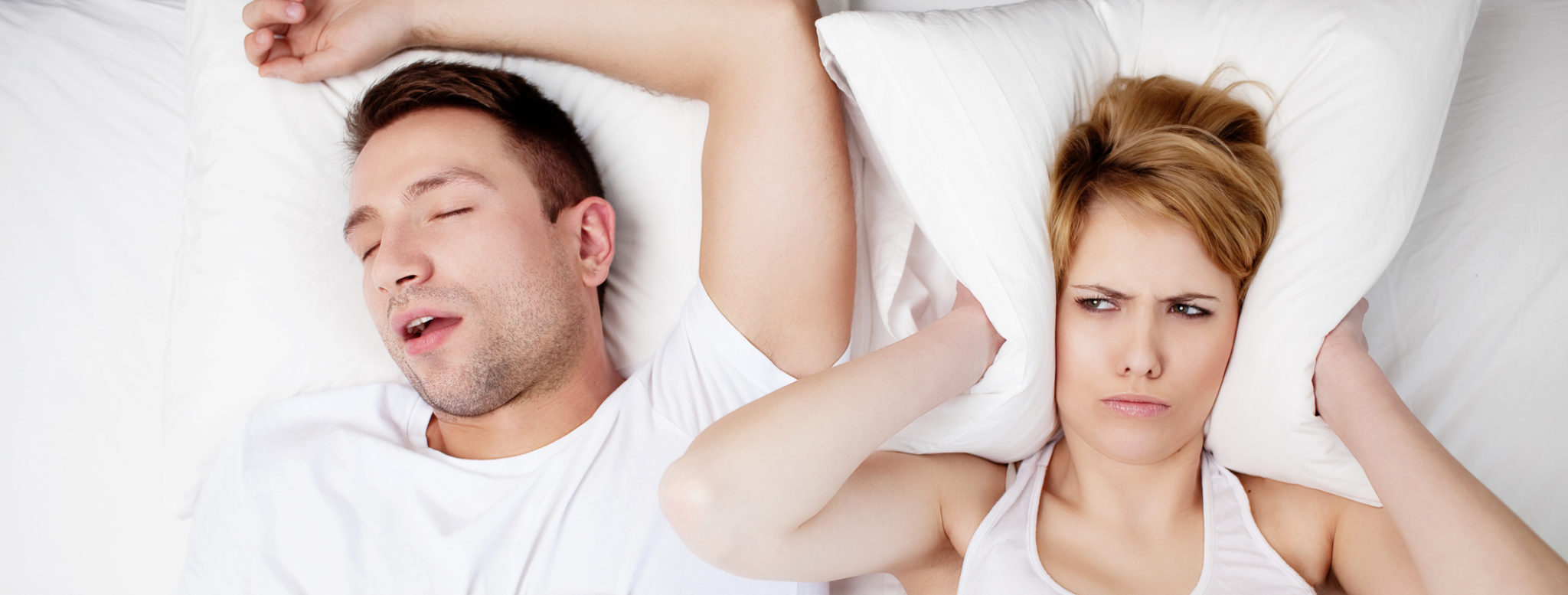Parenting Children with ADHD
The treatment of ADHD in children is a personal decision. This is not a choice that any parent would make lightly, no matter their age. This overview of stimulant medications, along with the other information presented, I hope will allow parents to feel more relaxed when discussing treatment options with their child’s doctor (while dispelling common myths).
Stimulant drugs are the most commonly prescribed medication to treat symptoms of Attention Deficit Disorder (ADHD). The stimulant medications are not able to cure ADHD because their effects only last for a short time. It has been shown in research that stimulant medication can improve ADHD sufferers’ performance (Barkley 2015; DeVito and others). According to the following guidelines.
Reduce ADHD symptoms such as hyperactivity, impulsivity and disorientation.
It can improve short-term memory, learning and emotional regulation. It can also improve social skills and relationships among peers.
Self-esteem can be improved.
Additionally, stimulant medication has been shown to reduce the risk of secondary harm due to untreated ADHD.
What are the benefits of stimulants?
Children with mild ADHD symptoms may respond well to behavioral interventions, such as the ADHD parenting approach, or to classroom instruction methods based on research. However, children with moderate to severe ADHD symptoms will be less likely to benefit from these strategies.
ADHD can affect a child’s ability to achieve goals, maintain relationships, and live a normal life.
Uncontrolled ADHD symptoms can negatively affect a child’s academic performance, since they directly impact the ability of the child to:
Keep your focus on the task at hand (especially if the task is monotonous or boring)
Keep the information in your mind, digest it, and absorb it.
Plan, prioritize and make a decision
They need to identify the aspect of information that they should pay the most attention to (while they try to separate the data from their world and from the outside world to understand its importance).
Focus on the task at hand, finish it efficiently, and remove yourself from whatever activity you’re involved in.
Control their thoughts and actions. This can lead to irresponsible choices, accidents and injuries, reckless acts, or disruptive behavior in social settings, such as disrupting class or shouting answers in class.
Control and manage their emotions.
They are unable to deal with the discomfort, which can lead to them acting recklessly in order to avoid the delay. Pushing into, disrupting, or injuring other people, and pursuing small rewards instead of waiting for long-term goals.
Know when time passes and control their behavior, their attention and their attitude towards the time
The presence of irrational ADHD symptoms can have a significant impact on the ability of ADHD children to communicate effectively, develop self-awareness and build precision. They should also be aware of their social interactions and be able communicate with friends in order to build bonds. They should also be involved in extracurricular activities and have confidence. These issues can impact on the relationship between parents and children, and also the structure of the family.
Children with ADHD may suffer from a decrease in self-esteem and their overall well-being.
They fail to meet the criteria set and they keep failing (even though they are doing their best).
Feeling lonely and being constantly the object of criticism, corrections or redirections (and possibly social rejection)
Sometimes they may feel demoralized, embarrassed and dissatisfied. They might also feel embarrassed and demoralized. You may also feel embarrassed and regretful. They may even think that they are defective, unique and damaged. ).
ADHD can cause depression, anxiety and addiction to drugs or alcohol in children. They are also at a higher risk of suicidal thoughts and behavior, and self-harm. ).
What are the effects of brain stimulating drugs?
The stimulant medication increases the neurotransmitters in brain regions that control cognitive and self-regulation functions. Chemical messengers, neurotransmitters transmit information through electrical signals via a nerve cell or presynaptic nerve. They then pass the signal to the receptors of the neurons. The nerve synapse will stop communicating electrical impulses if the neurotransmitter levels aren’t elevated. This could have an effect on the brain function.
According to research, people with ADHD have lower levels of dopamine and noradrenaline in the areas of the cerebral cortex responsible for executive function. Administrative functions are the mental processes that you rely on to regulate or control your emotions, thoughts, and behavior, as well speech. Stimulant medications increase the amount of dopamine and noradrenaline in the nerve synapses, which helps to transmit electrical impulses between neurons. The brain functions better. ADHD patients’ executive and mental function. Control.
In therapeutic doses, stimulant medication does not produce the euphoria that is often associated with drug use among ADHD patients.
What is the correct dose and dosage of stimulant medication to give your child?
ADHD in children can be diagnosed by a variety of symptoms. For example, they can present with predominantly impulsive-hyperactive symptoms, predominantly inattentive symptoms, or a combination of both. The impairment may be moderate or severe.
Interacting with others is easy for them.
The presence of irrational ADHD symptoms can have a significant impact on the ability of ADHD children to communicate effectively, develop self-awareness and build precision. They should also be aware of their social interactions and be able communicate with friends in order to build bonds. They should also be involved in extracurricular activities and have confidence. These issues can impact on the relationship between parents and children, and also the structure of the family.
Children with ADHD may suffer from a decrease in self-esteem and their overall well-being.
They fail to meet the criteria set and they keep failing (even though they are doing their best).
Feeling lonely and being constantly the object of criticism, corrections or redirections (and possibly social rejection)
Sometimes they may feel demoralized, embarrassed and dissatisfied. They might also feel embarrassed and demoralized. You may also feel embarrassed and regretful. They may even think that they are defective, unique and damaged. ).
ADHD can cause depression, anxiety and addiction to drugs or alcohol in children. They are also at a higher risk of suicidal thoughts and behavior, and self-harm. ).
What are the effects of brain stimulating drugs?
The stimulant medication increases the neurotransmitters in brain regions that control cognitive and self-regulation functions. Chemical messengers, neurotransmitters transmit information through electrical signals via a nerve cell or presynaptic nerve. They then pass the signal to the receptors of the neurons. The nerve synapse will stop communicating electrical impulses if the neurotransmitter levels aren’t elevated. This could have an effect on the brain function.
According to research, people with ADHD have lower levels of dopamine and noradrenaline in the areas of the cerebral cortex responsible for executive function. Administrative functions are the mental processes that you rely on to regulate or control your emotions, thoughts, and behavior, as well speech. Stimulant medications increase the amount of dopamine and noradrenaline in the nerve synapses, which helps to transmit electrical impulses between neurons. The brain functions better. ADHD patients’ executive and mental function. Control.
In therapeutic doses, stimulant medication does not produce the euphoria that is often associated with drug use among ADHD patients.
What is the correct dose and dosage of stimulant medication to give your child?
ADHD in children can be diagnosed by a variety of symptoms. For example, they can present with predominantly impulsive-hyperactive symptoms, predominantly inattentive symptoms, or a combination of both. The impairment may be moderate or severe.




